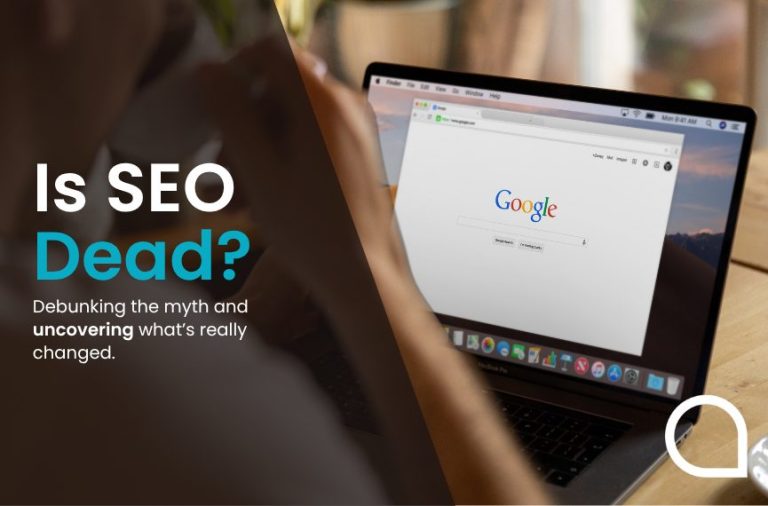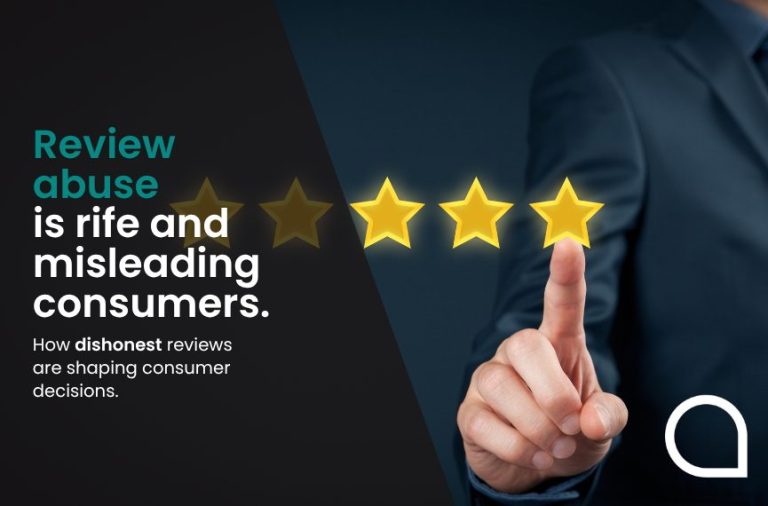I’ve long argued that the current system of allowing people to use reviews to help justify their purchase decisions is deeply flawed. I’ve written extensively about it on the Aqueous website (see here and here) and in my book Search Never Sleeps, that the system is open to abuse, predominantly because individuals can leave false or fake reviews.
Recently, however, we’ve seen a new twist to this. Customers leaving poor reviews are being sued by the company they are complaining about.
A recent article in The Times tells the story of a woman who went for cosmetic surgery, was disappointed with the results and who then left a poor review online, being sued for damages of £10,000.
This is not the usual case of someone leaving a false or defamatory review under a pseudonym, but a real person, unhappy with the service they received from a company, expressing a lawful opinion online, and then being sued for holding that opinion.
No wonder the Free Speech Union are now involved in this case and several others.
Whilst the lawyers may well debate the merits or otherwise of this case, particularly in relation to freedom of speech and expression, the bigger issue is not being discussed. The bigger issue is the entire review system and how it creates a dysfunctional environment which, at the extremes, can destroy individuals and businesses.
The logic behind reviews is simple; let everyone have a say in what they think of the product or service they have purchased and if a company gets a bad review, they simply need to listen, make changes, and improve their product or service. In other words, the customer is always right and by listening to your customers you end up with a better product or service offering that more people will rate highly. The oxygen of publicity should be enough to encourage firms to continually improve for their customers.
By placing power in the hands of consumers, firms will automatically get better, or so the logic goes. But as I’ve argued previously, it doesn’t work that way and the issues of unfavourable reviews significantly damaging businesses are still a major concern.
The Times article, however, makes it clear that firms are now turning the tables on negative reviews by seeking to punish individuals for those views. They are doing this using SLAPPS; strategic lawsuits against public participation, to shut them up. According to the House of Commons Library, these “typically involve the subject of an allegation or investigation of wrongdoing seeking to use the threat of expensive litigation, usually based on a claim that the material is defamatory, to try to prevent publication.”
In other words, our pockets are deeper than yours, you cannot afford the legal fight so change or delete your review.
On top of this, the firm in question have also been found to have been pressuring people who leave negative reviews on Trustpilot to remove or redact their views. Trustpilot’s’ response has been to add a warning above the firms’ 89% 5 star reviews saying that they want genuine customer experiences, not a curated version of their opinion.
Trustpilot warning message

Leaving aside the rights or wrongs in this case, the basic problem of the existence of the reviews system still exists, and all the current arguing will do nothing to change it.
Until we come to terms with the fact that allowing anyone, anywhere at any time to leave a review for any business is a fundamentally bad idea, then I predict that this problem will only get worse. As things currently stand, drunk passengers in an Uber can arbitrarily leave a negative review for their driver with no repercussions. The owners of the Airbnb I spoke to last year explained to me that they needed a five star review from me as lower than that raised the possibility that they would drop below the threshold where they would lose their ‘special status’. And currently, even if you know an eBay seller is ripping people off, under their reviews system you cannot say that.
The minute everyone with a mobile phone became a publisher, the lid was lifted from Pandora’s box and much like the murkier side of social media, giving people the ability to write what they like with impunity is not a good idea. Nor though, is allowing companies who dislike the reviews they read, the ability to attack their customers with expensive lawsuits.
Until we agree that this is not the best way to judge a business, the problems with online reviews are only going to get worse.





